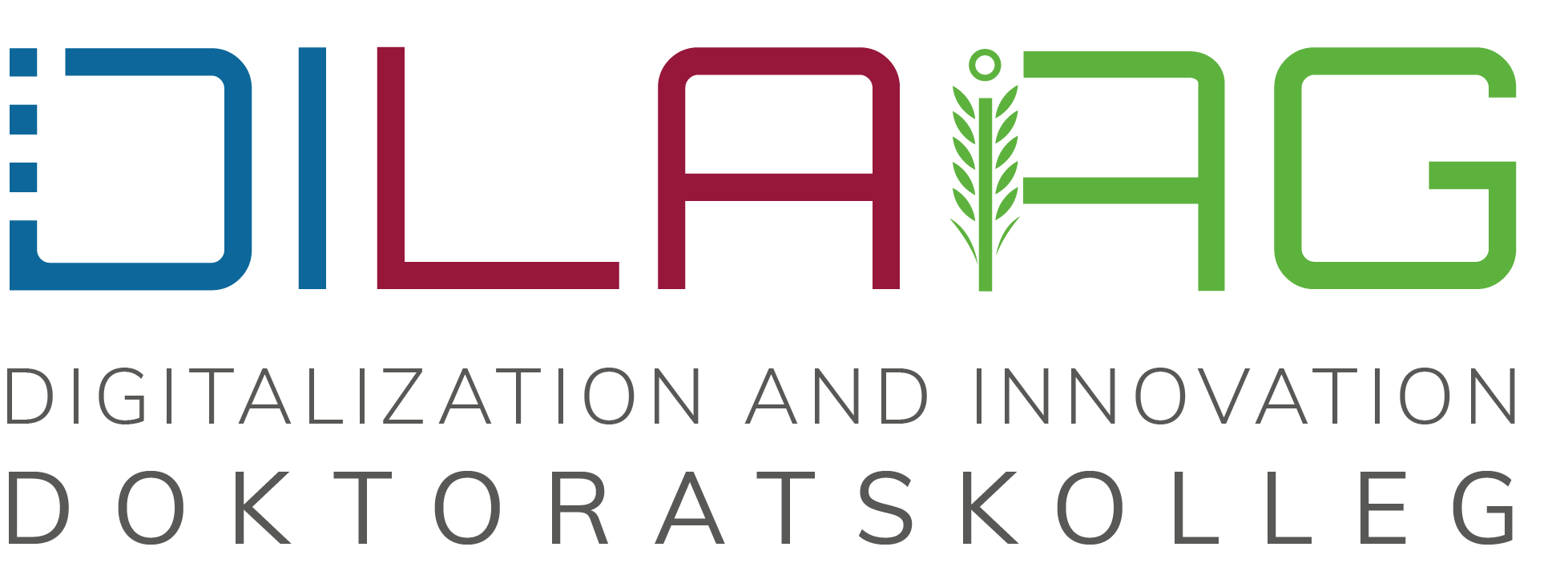PhD Students
PhD Students
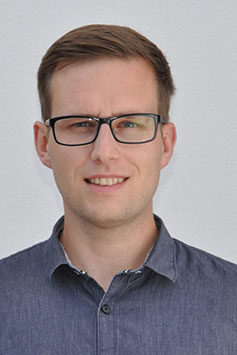
Georg Supper
Georg Supper studied “Agricultural Sciences” and “Material and Energetic Exploitation of Renewable Raw Materials” at the University of Natural Resources and Life Sciences Vienna. In his master thesis he was engaged in the planning and development of a mobile, autonomous robot unit for agricultural applications in the urban area.
read more
Since 2014 he has been working as a student assistant in various projects at the Institute of Energy and Process Engineering and at the Institute of Agricultural Engineering. In these projects, worked on the programming of evaluation scripts in MatLab and the development and programming of experimental setups. In the DiLaAg project “Data-based, networked process management in agricultural engineering” he will focus on field robotics and autonomous data acquisition.
Publications:
Georg Supper/ Datenbasierte, vernetzte Prozessführung in der Agrartechnik:
- Supper, G., Barta, N., Gronauer, A., Motsch, V. (2022) Localization accuracy of a robot platform using indoor positioning methods in a realistic outdoor setting. Die Bodenkultur: Journal of Land Management, Food and Environment, Volume 72, Issue 3, 133–139
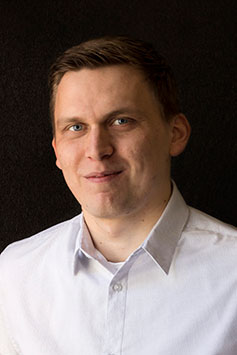
Florian Kitzler
Florian Kitzler studied the Bachelor program “Mathematics in natural sciences and engineering” at the University of Technology Vienna followed by the Master program in “Technical mathematics” with the focus on applied mathematics, numerical analysis and mathematical modelling and simulation.
read more
In his Master thesis he worked on the analysis of agent-based models using markov chains. After he finished his Master degree, he worked in the industry as a software engineer in the fields of automation and automated guided vehicles in industrial environments. After one year in industry, he started working at the University of Natural Resources and Life Sciences, Vienna as a scientific project assistant in the field of automation and robotics in agricultural engineering. He was developing software for object detection in 3D point clouds using LIDAR data. Florian Kitzler works on the PhD project “Integration of plant parameters for intelligent agricultural processes”.
Publications:
Florian Kitzler/ Integration von Pflanzenparametern für intelligente landwirtschaftliche Prozesse
- Hier nur den Stickpunkt „Publikationen:“ eintragen
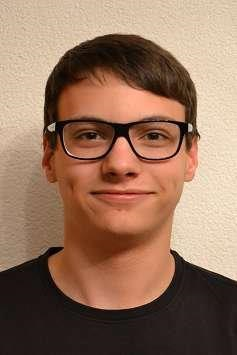
Lukas Koppensteiner
Lukas Koppensteiner studied “Agricultural Sciences” and “Plant Sciences” at the University of Natural Resources and Life Sciences Vienna. Moreover, he did various internships, for example at the Saatzucht Edelhof, Niederösterreichische Saatbaugenossenschaft, and Agrarmarkt Austria.
read more
The topic of his master thesis was “The estimation of canopy nitrogen status in winter wheat using spectral indices”. Lukas Koppensteiner will work on the PhD project “Strategic collection and provision of field crop data”.
Publications:
Lukas Koppensteiner/ Strategische Sammlung und Bereitstellung von Feldversuchsdaten:
- Koppensteiner L. J. , Obermayer-Böhm K., Hall R. M. , Kaul H.-P. , Wagentristl H. & Neugschwandtner R. W. (2021): Autumn sowing of facultative triticale results in higher biomass production and nitrogen uptake compared to spring sowing, Acta Agriculturae Scandinavica, Section B — Soil & Plant Science, 71:9, 806-814, DOI: 10.1080/09064710.2021.1950205
- Palka, M; Manschadi, AM; Koppensteiner, L; Neubauer, T; Fitzgerald, GJ (2021) Evaluating the performance of the CCCI-CNI index for estimating N status of winter wheat. EUR J AGRON., 130, 126346

Sebastian Raubitzek
Sebastian Raubitzek studied „Physics“ at the Karl-Franzens University of Graz. In 2018 he graduated with a MSc. in Theoretical Particle Physics. In his master’s thesis he dealt with the Higgs particle.
read more
Publications:
Sebastian Raubitzek/Hybride Deep/Machine Learning Modellen zur Vorhersage des Pflanzenwachstums:
- Raubitzek S. and Neubauer N. (2020): Machine Learning and Chaos Theory in Agriculture. ERCIM News, 122.
- Raubitzek S. and Neubauer N. (2021): A fractal interpolation approach to improve neural network predictions for difficult time series data. Expert Systems with Applications, 169:114474.
- Raubitzek S. and Neubauer N. (2021): Taming the Chaos in Neural Network Time Series Predictions. Entropy, 23(11), ISSN 1099-4300.
- Raubitzek S. and Neubauer N. (2021): Combining measures of signal complexity and machine learning for time series analysis: A review. Entropy, 23(12), ISSN 1099-4300.
- Raubitzek S. and Neubauer N. (2022): An Exploratory Study on the Complexity and Machine Learning Predictability of Stock Market Data, Entropy, 24(3)
- Raubitzek, S., Neubauer, T., Friedrich, J., Rauber, A. (2022) Interpolating strange attractors via fractional brownian bridges. Entropy, 24(5) ISSN 1099-4300. doi: 10.3390/e24050718
- Raubitzek, S. and Neubauer, T. (2022) Reconstructed Phase Spaces and LSTM Neural Network Ensemble Predictions. Proceedings ITISE, 2022.
- Mallinger K., Raubitzek S., Neubauer T., and Lade S. (accepted) Potentials and limitations of complexity metrics for the sustainable transition to Farming 4.0. Current Opinion in Environmental Sustainability
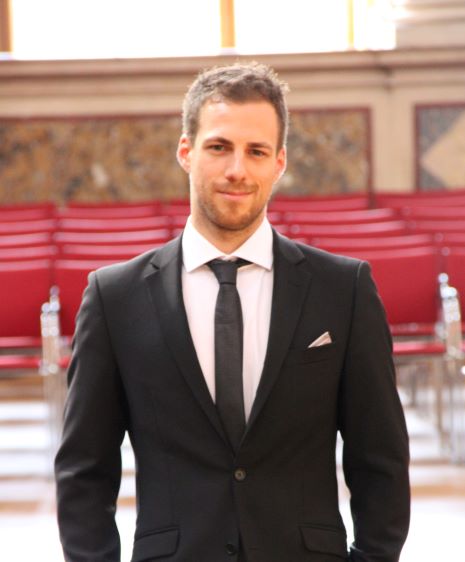
Kevin Mallinger
Kevin Mallinger graduated from the university as Mag. rer. nat. when he studied the teaching subjects geography and economics/history, social studies and politics.
read more
Publications:
Kevin Mallinger/Identifizierung neuartiger Ansätze für sozio-ökologische Technologiebewertungen und ihre Implikationen für die Steuerung komplexer landwirtschaftlicher Systeme:
- Mallinger K., Tjoa A.M., Tjoa S. (2021): Current challenges of sustainable informatics. – OCG Journal 46 (1).
- Mallinger, K., and Mergili, M. (2022) The global iron industry and the Anthropocene, Anthropocene Review 9 (1)
- Mallinger, K. et al. (Accepted) Potentials and limitations of complexity metrics for the sustainable transition to Farming 4.0, Current Opinion in Environmental Sustainability: AI Open Issue 2023: Environmental Sustainability Science, Artificial Intelligence and Digitization
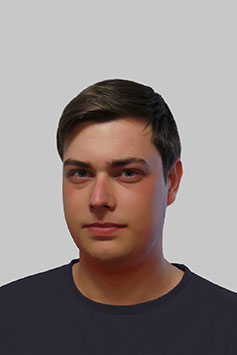
Warren Purcell
Warren Purcell enrolled at “Kildalton” college for agricultural studies in 2014, here he earned a certificate in agricultural specialising in dairy management. In 2015, while continuing his agricultural studies part-time, he began his Bachelor of Science (Hons) in “Computer Application in Software Engineering” at the Dublin City University and he finished his degree in May 2019.
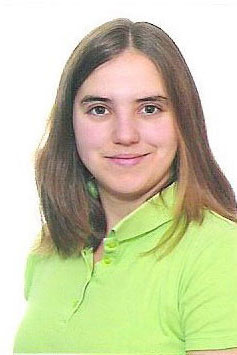
Barbara Pichlbauer
Barbara Pichlbauer studied at the University for Veterinary Education in Vienna. With her diploma thesis “Validation of the spirometry-sensor Horse-Lite 3D” she graduated by the end of 2018.
read more
From January 2019 until August 2019 she worked at the Veterinary Clinic for Horses in Kottingbrunn. Her responsibilities mainly included the patients in the clinic and equine anaesthesia. In October 2019, she enrolled again for the University of Veterinary Education in Vienna as a doctoral candidate. Her dissertation project is about “Using digital sensors to display the benefits and traceability of dairy cows grazing”.
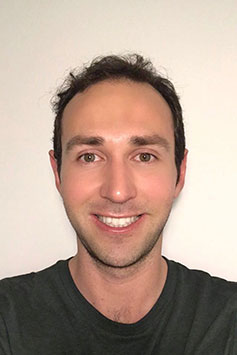
Francisco Medel
Francisco Medel graduated at the University of Colorado with a Bachelor of Science in business administration in 2011. He worked as a jr. loan consultant and as an English business teacher in China before starting his master degree in Norway. He obtained a Master of Science in industrial ecology from the Norwegian University of Science and Technology in 2017.
read more
After finishing his graduate studies he moved to Hong Kong and worked as research assistant in the department of civil and environmental engineering at the Hong Kong Polytechnic University. During his stay in Hong Kong, he performed a food waste sustainability assessment for the Hong Kong international airport. He also participated in various research projects in the school of environmental science and engineering at Jiao Tong University in Shanghai. Francisco Medel works on the PhD-project “Sustainability Assessment with LCA”.
Publications:
- Medel-Jiménez, F., Gronauer, A., Barta, N., Krexner, T., Neugschwandtner, R., Kral, I., 2022. Partial budgeting for acquiring and operating a ground-based optical crop sensor for variable rate nitrogen application. Die Bodenkultur: Journal of Land Management, Food and Environment, pp. 123-132. https://doi.org/10.2478/boku-2021-0013
- Holzinger, A., Saranti, A., Angerschmid, A., Retzlaff, C.O., Gronauer, A., Pejakovic, V., Medel-Jimenez, F., Krexner, T., Gollob, C., Stampfer, K. Digital Transformation in Smart Farm and Forest Operations Needs Human-Centered AI: Challenges and Future Directions. Sensors. https://doi.org/10.3390/s22083043
-
Medel-Jiménez, F., Piringer, G., Gronauer, A., Barta, N., Neugschwandtner, R.W., Krexner, T., Kral, I., 2022. Modelling soil emissions and precision agriculture in fertilization life cycle assessment – A case study of wheat production in Austria. Journal of cleaner production 380(ISSN: 0959-6526).https://doi.org/10.1016/j.jclepro.2022.134841.
-
Kayad, A., Sozzi, M., Paraforos, D.S., Rodrigues, F.A., Cohen, Y., Fountas, S., Francisco, M.-J., Pezzuolo, A., Grigolato, S., Marinello, F., 2022. How many gigabytes per hectare are available in the digital agriculture era? A digitization footprint estimation. Computers and electronics in agriculture 198(ISSN: 0168-1699).https://doi.org/10.1016/j.compag.2022.107080.
Associated PhD Students
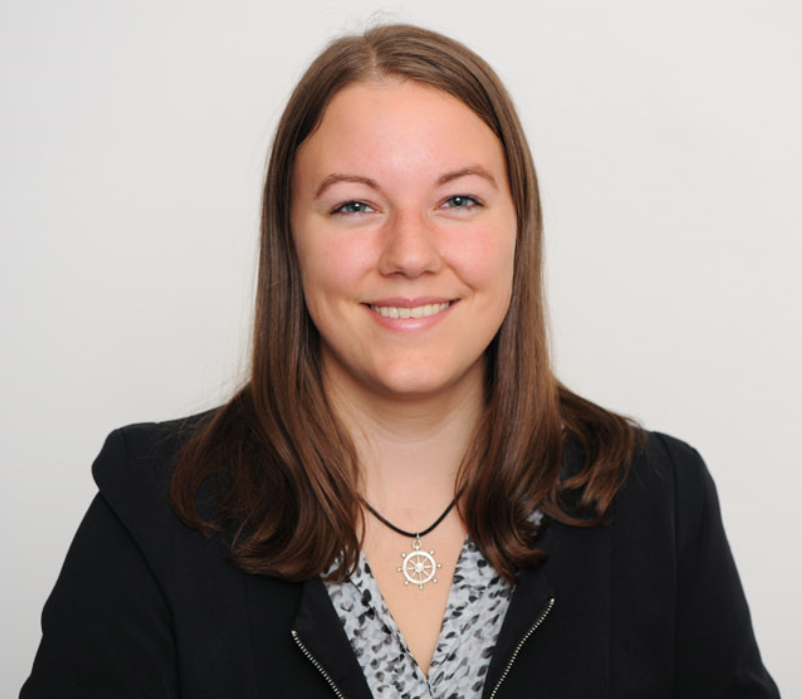
Theresa Krexner
Theresa Krexner studied the Bachelor program ‘Environment and Bio-Resources Management’ followed by the Master program ‘Material and Energetic Exploitation of Renewable Raw Materials (NAWARO)’ at the University of Natural Resources and Life Sciences, Vienna, respectively.
read more
In her master thesis she worked on the topic Life Cycle Assessment of nano-cellulose and biogas production from manure. Following on from this, she is focusing on the subject of ‘Life Cycle Assessment of innovative agricultural systems with a focus on multi-output processes’ in her dissertation.
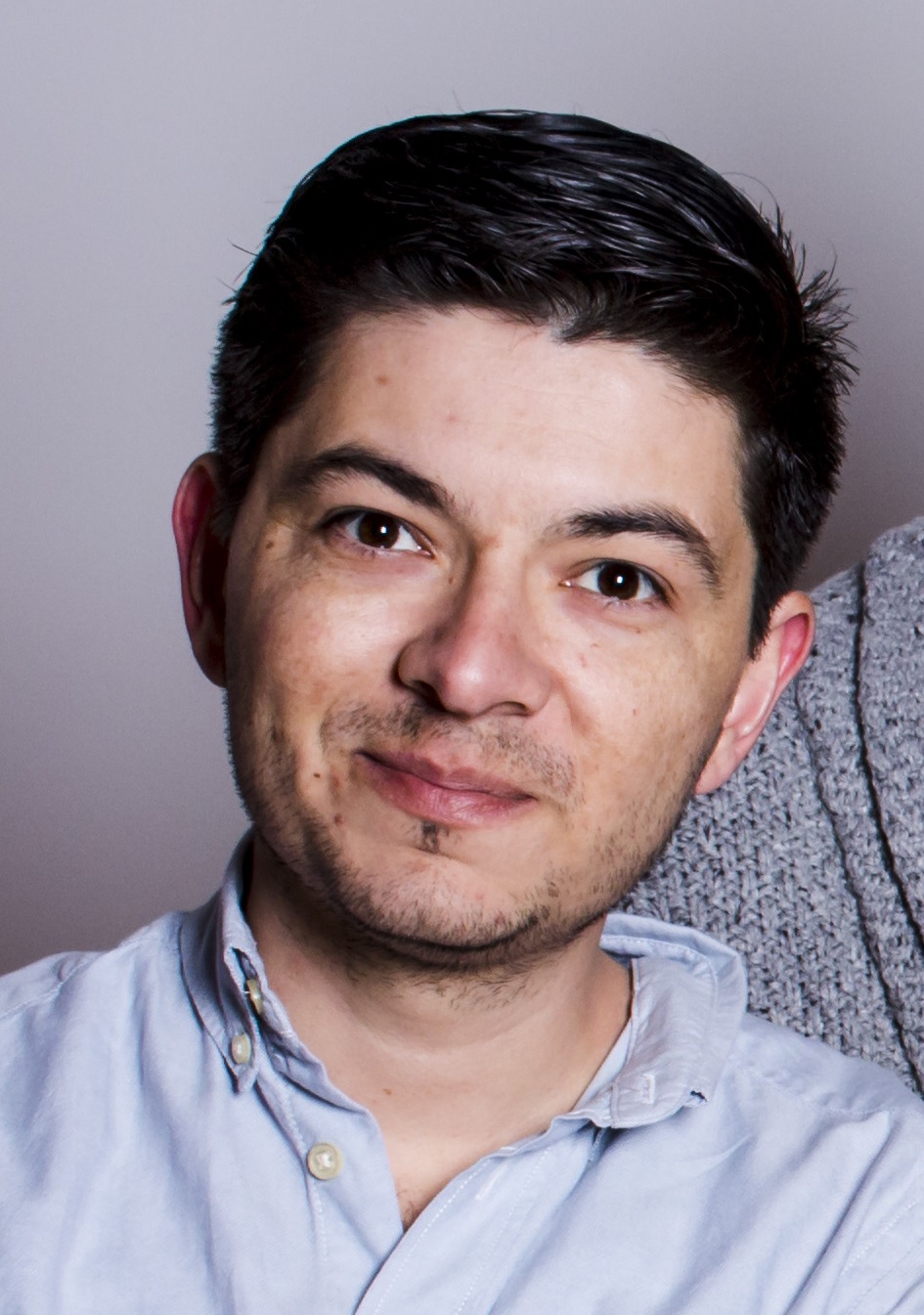
Jose M. Chapa
Jose M. Chapa studied “Veterinary medicine” in Mexico. After his graduation in 2009, he worked as a veterinarian practitioner in beef cattle and in a small animal clinic before moving to Europe.
read more
Since 2018, he joined the Veterinary University in Vienna as a doctoral student on the topic of “Monitoring herd health and welfare status on farm level”. In 2021 he started his PhD-program in the same institution, the Clinical Unit of Herd Health Management. His current project title is “Automated sensors to monitor pre-weaned calves’ growth and performance“.
